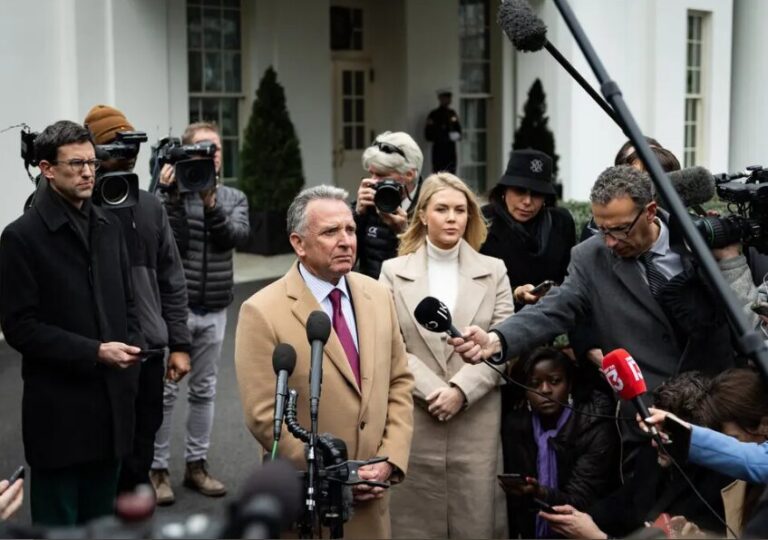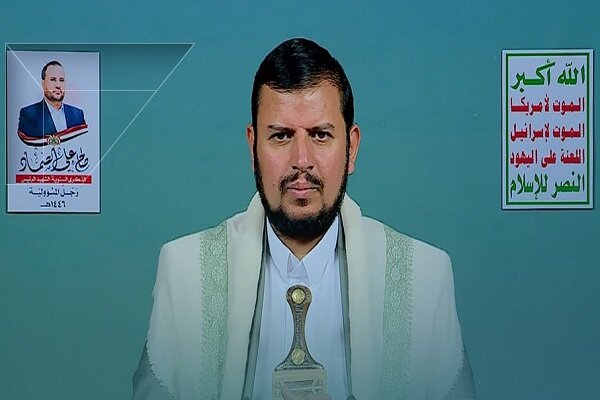US Takes Bold Step: Revokes All Visas for South Sudanese Nationals
The recent announcement regarding South Sudanese passport holders has garnered significant attention. Senator Marco Rubio has taken decisive action to revoke visas for South Sudanese citizens, citing the transitional government’s failure to timely accept the return of repatriated individuals. This move underscores the ongoing challenges faced in U.S.-South Sudan relations.
On social media, Rubio stated: “I am taking actions to revoke all visas held by South Sudanese passport holders and to restrict any further issuance to prevent entry into the United States, effective immediately, due to the failure of South Sudan’s transitional government to accept the return of its repatriated citizens in a timely manner.” This strong statement highlights the urgency and seriousness of the situation.
Furthermore, Rubio emphasized that the U.S. government would “prevent further issuance to prevent entry into the United States by South Sudanese passport holders.” This raises questions about the implications for South Sudanese citizens seeking to enter the U.S. and how this might affect their lives and families.
He also added, “We will be prepared to review these actions when South Sudan is in full cooperation.” This indicates that there is hope for future collaboration, but it hinges on the actions of the South Sudanese government.
Background on U.S.-South Sudan Relations
This decision marks a significant shift in U.S. policy, as it is the first time that all passport holders from a specific country have been singled out since the Trump administration took office. The focus on South Sudan reflects ongoing concerns about governance and human rights in the region.
- Historical Context: South Sudan gained independence from Sudan in 2011. However, the country has faced challenges including civil war, humanitarian crises, and governance issues.
- Current Government Status: The transitional government has struggled to implement peace agreements and deliver essential services to its citizens.
- U.S. Involvement: The U.S. has been involved in diplomatic efforts to stabilize South Sudan, but recent developments suggest a need for more stringent measures.
Rubio’s actions come at a time when the international community is closely monitoring South Sudan’s progress. The situation is complex, with various factors influencing the diplomatic landscape.
Implications for South Sudanese Citizens
The revocation of visas and restrictions on entry into the U.S. can have far-reaching consequences for South Sudanese individuals. Here are some potential impacts:
- Family Reunification Challenges: Many South Sudanese citizens may have family members in the U.S. This move complicates their ability to reunite, causing emotional distress.
- Educational Opportunities: Students seeking to study in the U.S. may find their aspirations thwarted, limiting their chances for a better future.
- Economic Impact: Professionals and skilled workers from South Sudan may miss out on job opportunities, which could have contributed to both their personal growth and the U.S. economy.
South Sudanese communities in the United States are likely to feel the effects of this policy. Many individuals have built their lives in the U.S. and may now face uncertainties regarding their status.
Looking Ahead: Cooperation and Diplomacy
While the current actions taken by Rubio signal a tough stance, there is still room for diplomatic engagement. The statement regarding the potential for review of these measures suggests that there is hope for improvement.
For South Sudan to regain trust and cooperation with the U.S., its government will need to:
- Enhance Governance: Prioritize rule of law and accountability to rebuild credibility both domestically and internationally.
- Engage in Peacebuilding: Commit to peace processes that address the root causes of conflict and promote stability.
- Facilitate Repatriation: Work effectively to manage the return of its citizens and uphold international obligations.
As the situation develops, it remains essential for both the U.S. and South Sudan to engage in constructive dialogue, aimed at finding solutions that respect the rights and dignity of individuals affected by these policies. The hope is that with concerted efforts, a pathway to improved relations will emerge.
In conclusion, the actions taken regarding South Sudanese passport holders reflect broader concerns about governance and human rights. As the international community watches closely, the potential for future cooperation remains contingent on the South Sudanese government’s willingness to address these pressing challenges.






